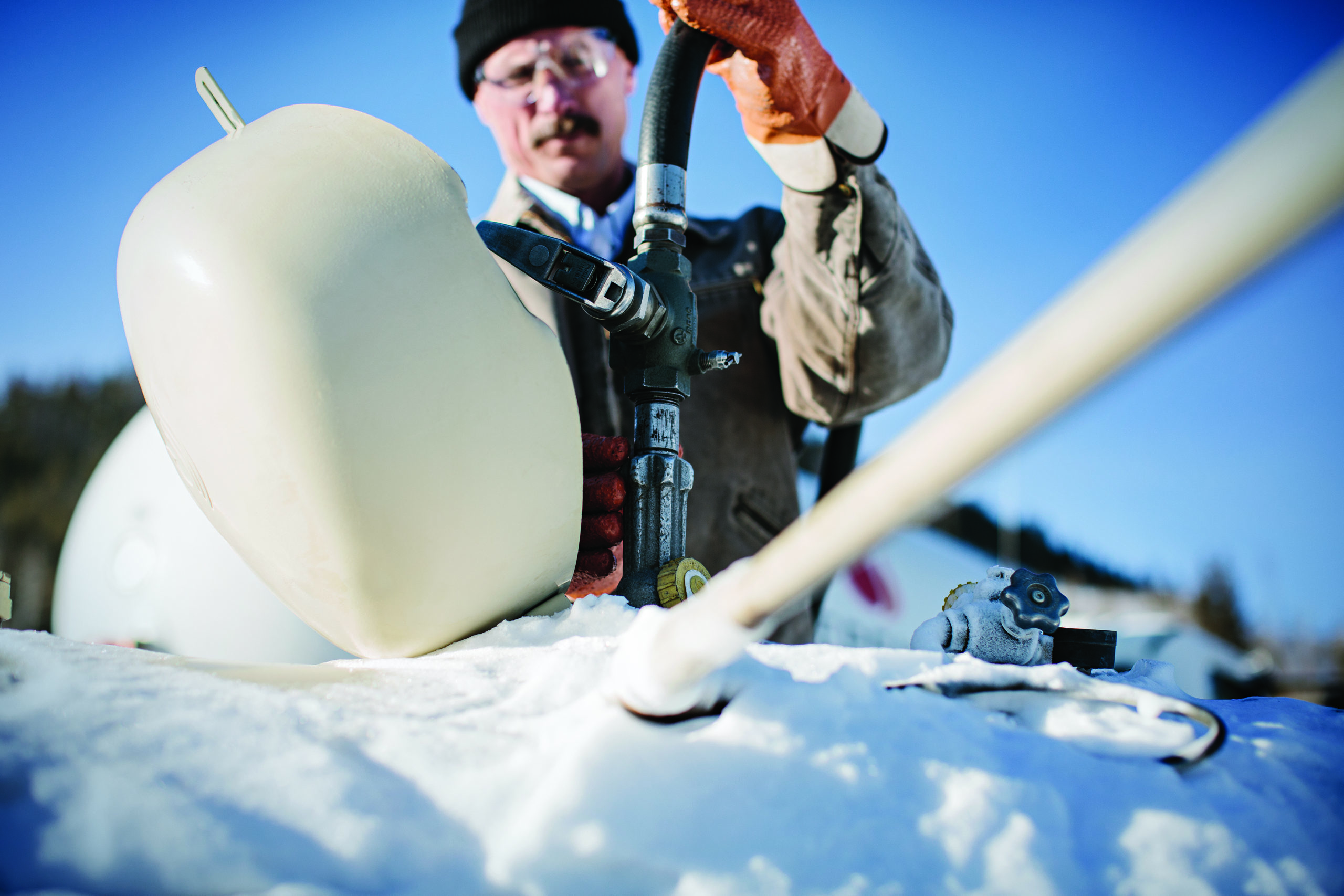With the recent $2 trillion stimulus package (known as the “CARES Act”) passed by the U.S. Senate and the House, we’ve seen over $349 billion made available for small businesses through the U.S. Small Business Administration (SBA).
While you’ve probably seen some information from your respective propane associations and other resources, we wanted to share our experience with you and provide a straightforward article on what we know so far.
Please note, we are not legal or financial professionals. We highly encourage you to reach out to your bank and lawyers to determine if you are eligible and for help to apply for the SBA Loan program.
What Is The Paycheck Protection Program?
In the stimulus package, $349 billion was made available for small businesses to help them and their employees. It is designed to help small businesses maintain business operations and keep on staff.
All loans for this program must go towards payments for:
- Rent, Mortgage Interest and/or Utilities
- Payroll costs including salaries, commissions, tips and some employee benefits (up to $100,000 per employee)
The loans are stipulated to cover any costs between February 15, 2020 to June 30, 2020.
How Does It Differ from other SBA Loan programs?
There are two main differences.
This loan program is not to be confused with the traditional SBA Loan program you may have participated in. As noted above, these low cost loans are specifically focused on helping small businesses maintain operations and staff during the pandemic.
The other benefit is that there may be loan forgiveness should small businesses meet specific criteria over the course of the loan. It is still a bit unclear on all the criteria required for this forgiveness.
Does My Business Qualify?
In order to qualify for the loan program, your business must satisfy the following two main requirements:
- You must be under 500 employees (sole proprietors may also apply)
- You have had to be in business as of February 5, 2020
These are the two main criteria for the loan. Make sure to connect with your financial and legal professional to determine if your business would qualify with all necessary criteria.
How Do I Apply?
In order to apply for the program, you’ll need to do the following:
- Fill out all the necessary materials. You can find a list here.
- Contact Your Financial Professional. The SBA has approved a network of at least 1,800 financial lenders that can process these loans. I would contact your financial professional to see if they are able to help you here.
If your lender isn’t approved, you can contact SBA to find one here.
When Are These Loans Going to Be Distributed?
Lenders will be able to start submitting loan applications starting on April 3, 2020. SBA is looking to make these funds available as soon as possible for small businesses that receive approval but it’s unclear when these loans will be distributed.
Are there other loans and resources available to me?
This program is available nationally to U.S. small businesses. Businesses may also want to apply for the Economic Disaster Advance Loan through SBA.
There are a number of programs available at the state level as well. Please make sure to check in with your state propane associations and financial institutions to determine other programs to help your business during this time.
Where Else Can I Learn More?
There are plenty of propane marketer associations and other resources available on the topic. Here are some good ones below:
COVID-19 Business Resources & Forms, Wintrust
“How to get a small business loan under the $349 billion aid bill”, Washington Post
Payroll Protection Program Overview, SBA Website
COVID-19 Resources, NEFI
COVID-19 Resources, NPGA
Coronavirus Resources, Maine Energy Marketers (MEMA)
COVID-19 Resources, Pennsylvania Petroleum Association (PPA)
Disclaimer: We urge you to speak with financial and legal professionals before taking any action on this information.
The research, views and opinions expressed in this blog are those of the authors and do not necessarily reflect the official policy or position of any other agency, organization, employer or company. Assumptions made in the analysis are not reflective of the position of any entity other than the author(s) – and, since we are critically-thinking human beings, these views are always subject to change, revision, and rethinking at any time. Please do not hold us to them in perpetuity.
 Shop
Shop